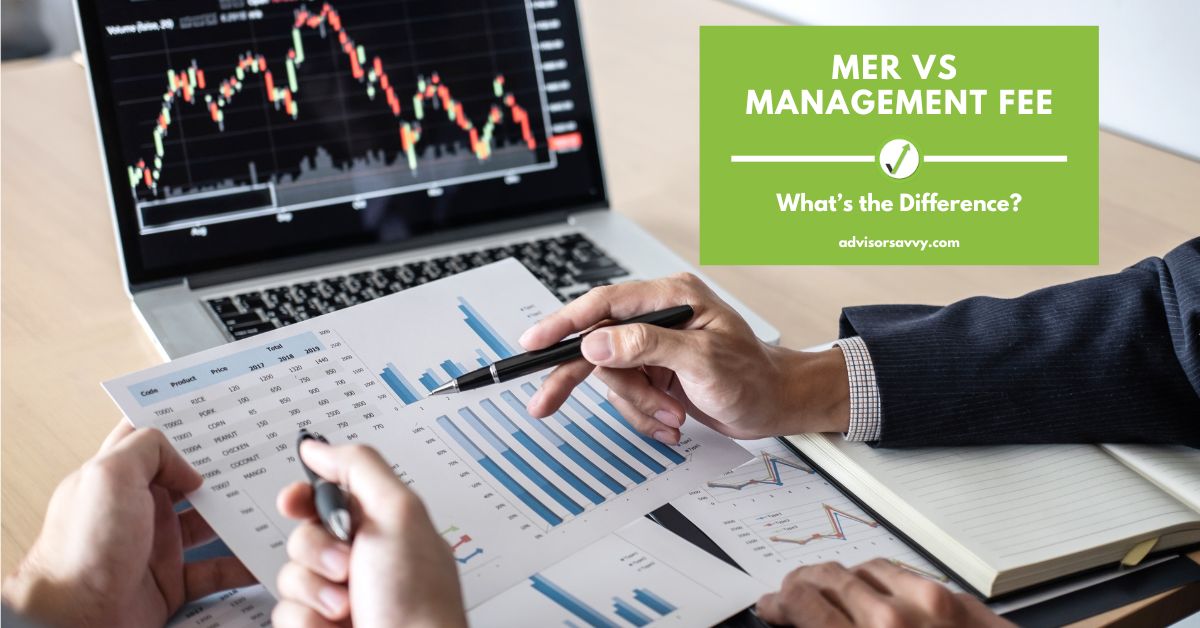6 Best Automotive ETFs in Canada
Investing in automotive ETFs in Canada allows you to capitalize on the car and vehicle industry. These investments provide a diversified approach to invest in the sector broadly. These funds typically consist of stocks from companies engaged in manufacturing, technology, and services related to automotives. Notable players in the Canadian automotive ETF space include those focusing on electric vehicles, traditional automakers, and component suppliers. Investors seeking exposure to automobiles, mobility, and transportation can consider these ETFs for potential portfolio growth. But before making a final decision, it’s essential to conduct thorough research. You must consider factors like expense ratios, current holdings, and market trends. This will help you select the best automotive ETF for your investment goals. We’ve provided some baseline information in this article, keep reading to learn more! Related Reading: Types of ETFs in Canada How to make money with ETF? To make money with ETFs, investors should follow a strategic approach. Firstly, research and select ETFs that
Continue reading


















